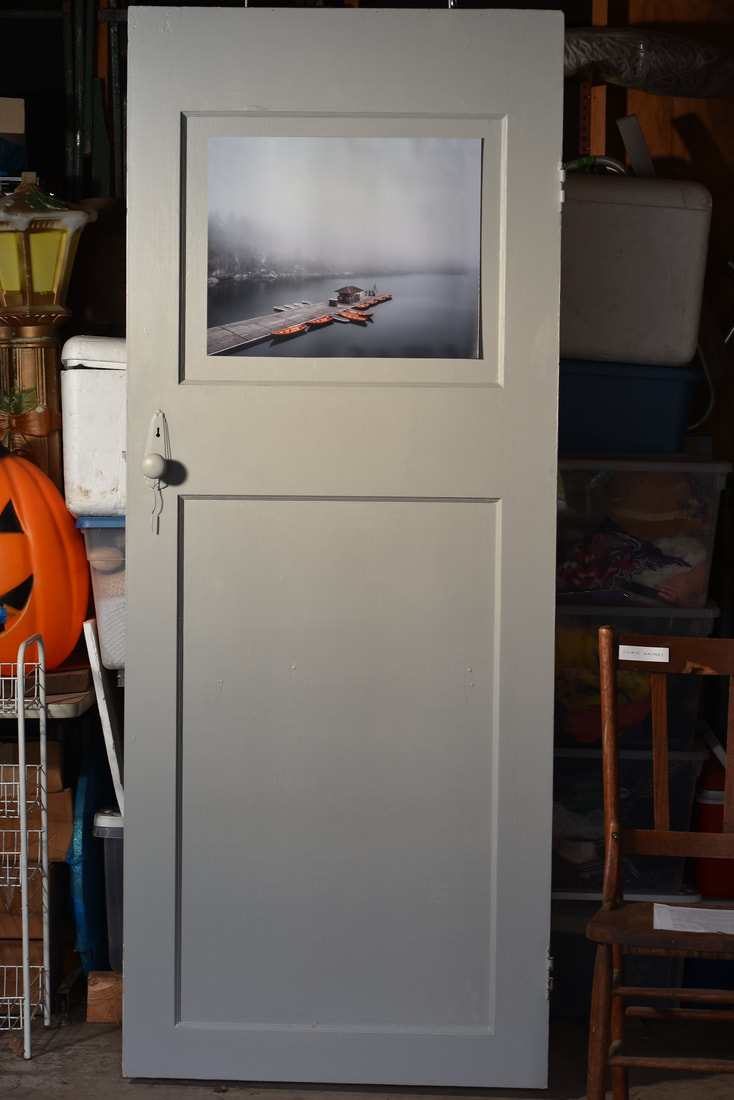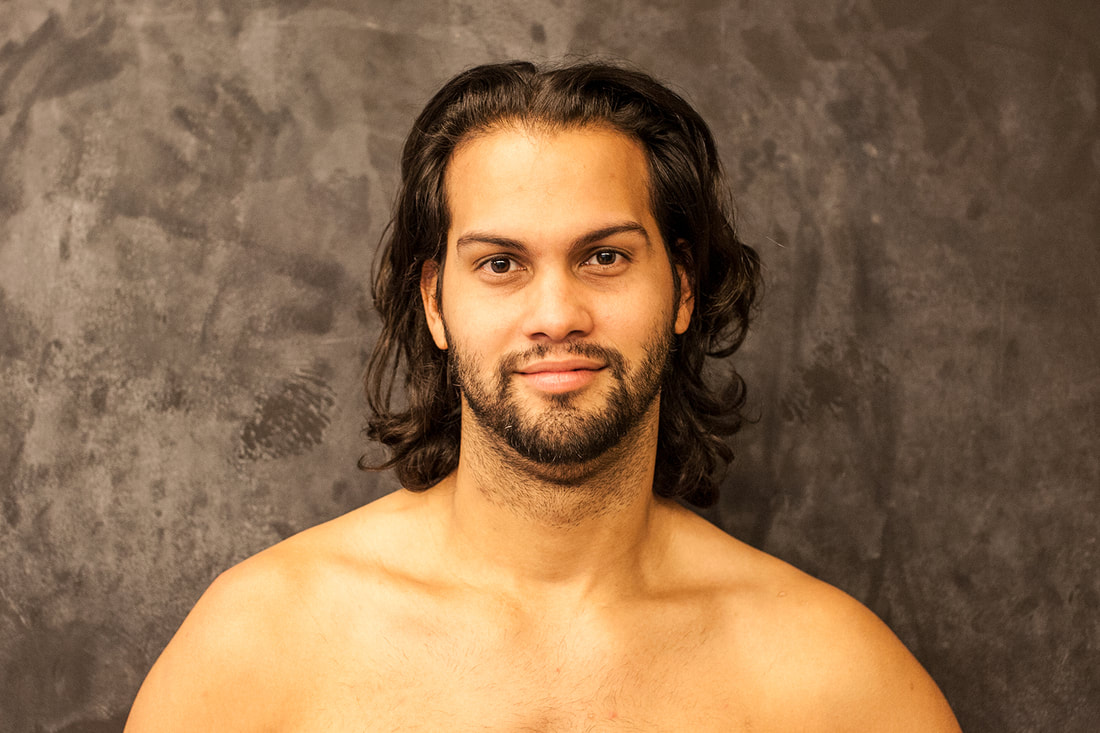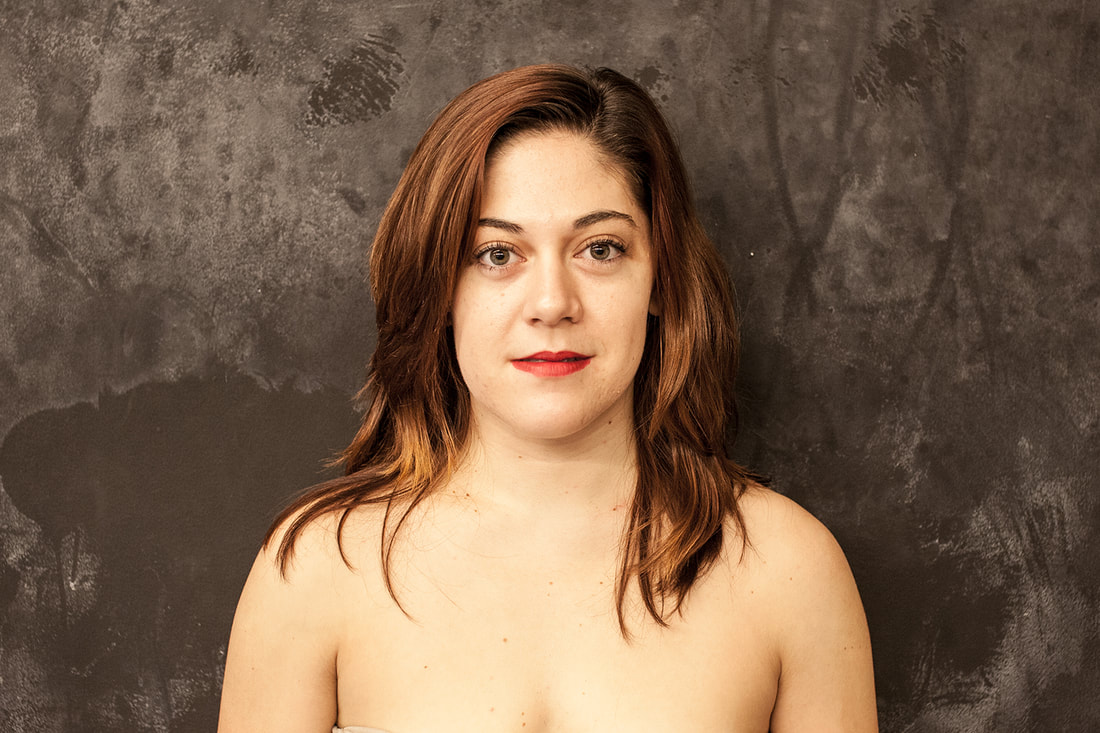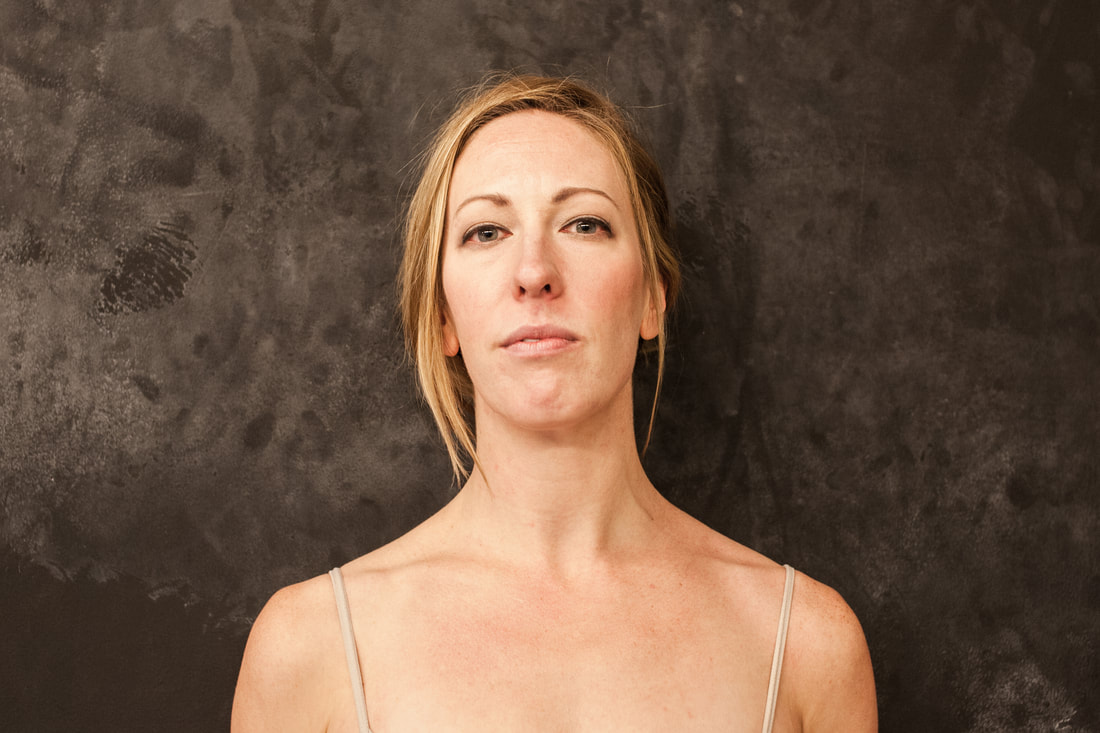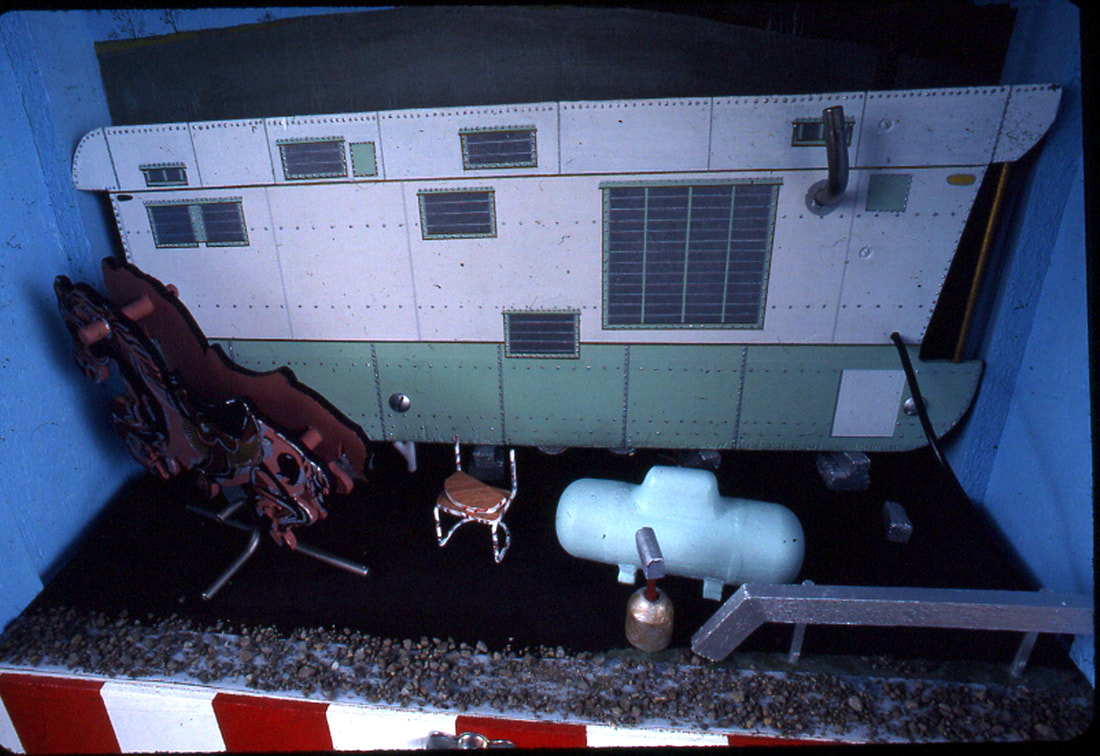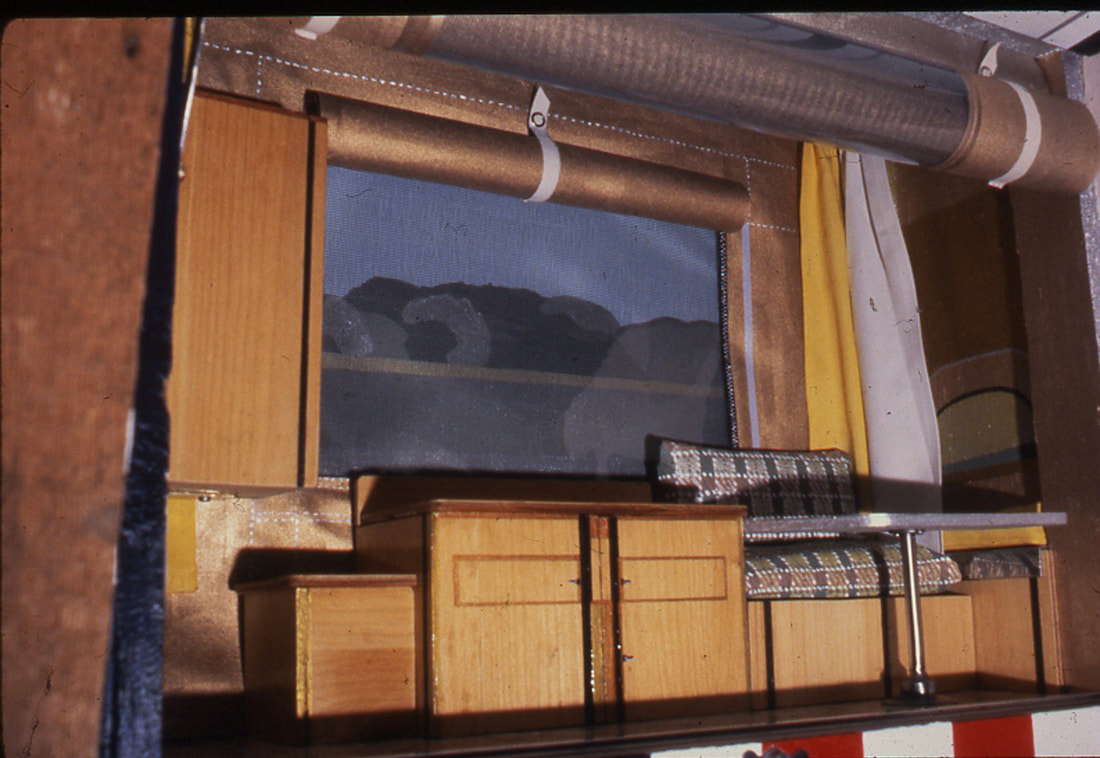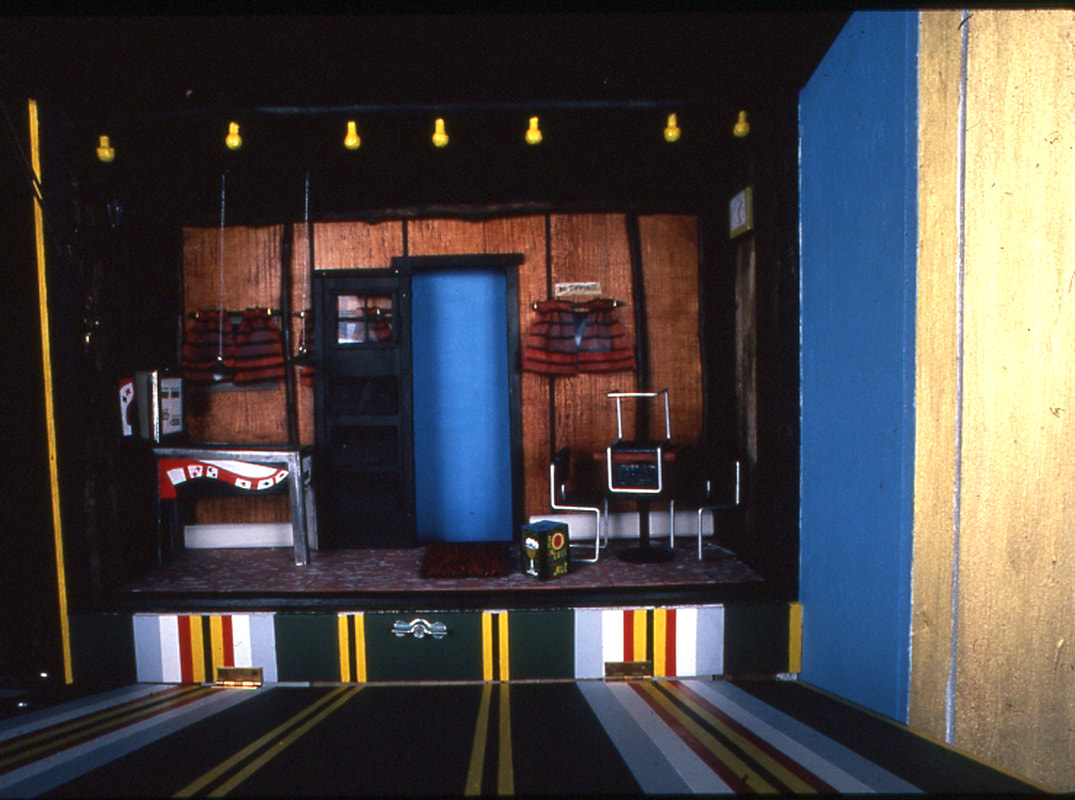|
**Please listen to the music below while you read this piece: composed by Ryan Hollister Small Escape
Chapter One “Pretty much everything here is free. Breakfast, lunch and even dinner, if you’re here late. Not just the food, though, stuff like pens, notebooks. Even computer peripherals. Basically the first thing everyone on my team does when they start is order a new keyboard. I’ll show you how to do that on your first day. There’s a webpage you go to where you can order pretty much anything and some guys upstairs bring it down. No cost to you at all.” Chapter Two I’m leaving home today. Mother is sitting across from me on the sofa we’ve had since as long as I can remember and, silhouetted against the dirty Chicago sunlight, I don’t feel much of anything. I’m reminded of a photograph my uncle once showed me of her as a youth in Islamabad riding a bicycle, a cigarette dangling carelessly from between two fingers of her left hand. In my lifetime that photograph is the only evidence I’ve seen to suggest that she had ever smiled. I have always envied that about her. Chapter Three The door closes behind me with a hollow whimper. It’s brand new, everything here is. The door, the counter tops, the track lights. It’s almost as if nothing had ever existed here before. Imagery of new modern ruins materialize in my brain; plantlife reclaiming the electric stove, vines dripping from the showerhead. My leather suitcases drop to the floor and I think how this gesture would have been more dramatic had it been performed just outside the threshold in the hallway, like the protagonists in films do when they’re trepidatious about their new lives. Chapter Four People are eager for me to describe my job on the rare occasion that I interact with the outside world. I struggle with this. At times I consider my job description to be ‘shedding long, black hair onto the headrest of a red upholstered chair’. It rarely matters, anyways. Mostly they just want to know what the office is like. This fortress of mystery; holed up in a cracker factory like royal squatters. Some day the peasants will eat us all. Chapter Five Everything really is free, there’s no limit to how much of any given thing you can take. I once witnessed a single man eat four large bowls of blackberries and each time the tray was empty, a cheerful man in a white chef’s coat would refill it from a fridge behind the counter. Perhaps there’s a sort of thrill being exposed to this opulence that wears off with time. I’ve started taking office supplies home with me. Post-It notes, pens, batteries. Things I don’t need. People pass in the hallway as I’m dumping fistfulls of double-A’s into my backpack and no one says a thing. Chapter Six Everyone lives here but at the same time nobody does. Chris, our project leader, suggested I get an apartment here because it is directly across from our office building. Looking out the window from my desk, I can see my apartment. It has become a sort of weird habit to stay later at work, maybe an extra hour or two, just to watch the people leave the office and walk across the street to their studio apartments. If I didn’t see it with my own eyes I would have to assume I was the sole occupant of 6480 Living Place. Walking through the hall at any given time save for before and after work, you’ll see no one. You’ll hear no one. Chapter Seven Arranged in my apartment window is a post-it collage of an 8-bit sprite from a video game I played as a child. It was an idea I stole from a tech blog. I can see it from my desk at work and a co-worker even posted a photo of it on our internal message board. The supplies all came from work, of course, but everyone seems to be heralding it as an artistic accomplishment. The large windows on the sixth floor by tech support have been gridded out for a similar group project. Chapter Eight They have begun work on a skybridge between the apartment complex and the office. Once it has been completed they will hermetically seal both buildings and we will exist only within the confines of this environment. I anticipate the announcement of the installation of a moat and drawbridge any day now. Chapter Nine Office supplies scatter across the beige carpet of my apartment as I empty the small cardboard box in a fit of anxiety. Taking up one of many Sharpie markers now displaced, this one is brown in color, I begin drawing little windows on the interior sides. With one of a half-dozen pairs of scissors from the sprawling pile I carve a door. After a few folds it even functions, more or less. I lay down an outrageous carpet of neon post-its. This feels good. Chapter Ten I break the unspoken rules of our culture as I venture out of our bubble unaccompanied by committee or group. I’ve searched the location of an arts & crafts store and embark on foot. My simple shoebox room has grown into a monstrous tower of sorts. Amazon boxes stacked atop each other, everything held together tenuously with scotch tape. As beautiful as it’s chaotic floorplan is, its asymmetry offends me. As an architect I can do better. Chapter Eleven “Did I see you walking down Forbes the other day, Amir?” She asks. I’ve never spoken more than a professional word to this woman and here she is questioning my movements. Nervously I nod, I mumble, I excuse myself. I question whether or not I should invest in a disguise. Maybe a hood, a beard I can put on when I roam the horrible streets. No; if a disguise is to be worn, it should be here in the halls of this office. I should wrap myself in an emotional hazmat suit to stave off the poisonous enquiries of these sterile monsters. Chapter Twelve A small village has sprouted from the remains of my initial effort. Perhaps not as daring as the structurally impossible tower I constructed with the scraps of corporate culture, the new dwellings are refined and understated. Single family homes pool together at the end of a cul de sac just a scale half-mile from a tiny Main Street. I, for a time, occupied a small efficiency above the coffee shop, but decided that I’d like to take up gardening and moved into a small two-bedroom home near the grocery store. My life is simple and quiet, here. I’m shielded, I am happy. Chapter Thirteen I watch the cursor flicker between white and black. Blinking in and out of existence. I can relate. Chris has asked me several times in the last month about the progress of my work and the last time he did I almost told him about the new venue that is opening up near the ‘Recliner Diner’, so named because of its proximity to the last piece of furniture remaining in my apartment. But I’m staring at a black screen with a cascade of white text, peppered heavily with parentheses and brackets. A revision history shows that it was last changed over a week ago, but it’s hard to concentrate on my inability to think in code when I’ve just thought of the perfect wallpaper pattern for the venue’s walls. Chapter Fourteen RE: BIRDFEEDER ATTRACTING PESTS Rather than employing a potentially hazardous poison in the courtyard area, I’ve taken the environmental initiative of deploying have-a-heart traps near the bird feeder to catch squirrels who are lured to our green space by the abundance of seed. I enjoy watching the birds from my windows, both at work and at home, and would rather put in the extra effort than see it vanish. I was, however, thinking it might be fun to start a sort of catch and release club. I’ll be transporting the squirrels to Frick Park as needed and would enjoy the company of other hikers as we introduce the animals to their new habitat. Anyone interested? Happy Friday! Chelsea O. Chapter Fifteen As of right now, no one has noticed the diminishing. Rather, no one has mentioned it to me. I can’t imagine the change will be visibly noticeable to the office staff for another week or two, at the very least. During this period it is my intent to furnish as much of Centerville as possible. Crudely fashioned living room sets made of scrap fabric and thick-gauge wire are being replaced. Using models I found on an open source repository I’ve been employing the office 3D printer to craft various chairs, televisions, refrigerators and the like all in garish primary colored plastics. Adam, in the seventh floor micro-kitchen, is talking to Kathleen about how the printer has been booked unfairly for days. “Must be a new hire.” She says, stirring honey into her Icelandic yogurt. “ They get so excited about it when they first start, but within a week the novelty wears off.” Chapter Sixteen The most difficult part of the process has been the effect my smaller hands have had on my ability to type. It’s not impossible, rather, just clumsy. Slower. Tiny, fresh fingers lack the same reach and I often end up hitting the ‘k’ where I’d meant to hit the ‘l’. Ironically I’ve found a renewed passion for my work, as I anticipate it to be my last opportunity to practice my career. It’s funny, as with life itself, once a finite deadline has been set you tend to cherish each day with a careless and precious handling of every insignificant moment. Chapter Seventeen Disaster. Perhaps I have exceeded my talents, but the functional model street lights I had wired around the town square intersection caught fire and damaged the clock tower -- the central and defining landmark of Centerville. While the damage is not insurmountable, it did bring into focus the fact that I neglected to furnish the city with proper emergency services. It has been twelve days since the diminishing began and I’m not entirely certain I will have enough time to establish the proper services. Chapter Eighteen I have stopped going to work altogether. My size has rendered me, by comparison, a comical facsimile of a human being. Feigning an illness, it did not matter which, I have excused myself from the office for an indeterminate period of time. I do not intend to return, but, in the event that my diminishing takes longer than anticipated, I would prefer to maintain the income. I am still able to submit work, though it is not expected of me during my sick leave. Chapter Nineteen “Mother, this is Amir calling from my new apartment. I’m aware that it is late…” I pause, considering whether or not this is a necessary phone call; whether or not this is a goodbye. “Mother, I remember when I was young - not my first memory of you, but I was young - I looked into your sienna eyes. I could see, there, the latticework of mortar, strong and fresh. That wall spanned the infinite length of your iris, it held your world complete. While, in a sense, I have never truly known you, this is the most important thing you’ve ever taught me. We’re all architects in our own way; you and Jalna and I.” As I chew the truth of my prepared closing statement the phone interrupts my reflections, asking if I need more time. I press the number key indicating that I do not, and hang up. Chapter Twenty Still too large to go inside any of the buildings, I am now able to walk the streets of my creation with some sense of regularity. I have spent the better part of the day opening doors, testing benches for structural integrity, matching my might against the walls of various buildings. While, mentally, I had lived in many of these houses, being here among them as a resident left me feeling rather out of sorts with my creations. The dream home I had spent the most time building now seems to belong to some stranger. Laying on a park bench, the tiny ridges of the printed plastic cut into my back and shoulders and it occurs to me that I am still falling asleep staring at the same ceiling. by Fredrick R. Arnold III How is that we come to have a body? I mean is that your body? I mean do you own it? Is it you? I always thought I’d be the kind of person to age gracefully, that didn’t slouch, that grew a big beard and learned how to fish. And yet hear I am aging, I don’t know how to fish, I slouch, but luckily I can grow a big beard but I think that’s even hit it’s max. I like rooms, I think you do too. I like to be in a nice room, to have a nice drink while sitting on a nice couch. I like to think there might be kids around, maybe not mine, but a friend there who’s got his or her kids. I want to be in a nice room and I want to be optimistic. But then there’s this thing with having a body. It receives pleasure from nice things and it smiles when it’s getting this reception. And that’s what the body should be feeling, right? While in a nice room? But what if it feels pain? I don’t mean my leg hurts from a long day or long run or bumping into a table. I mean what if the pain can’t be explained? What if it won’t go away? What if it’s always right there with you? And I don’t mean emotional pain, although I certainly could, I mean the physical reception that something is off internally that your body let’s you know it feels. I’ve been trying to think of a description for it. And really it’s like an out of body experience, like you’re standing there or sitting there and you feel naked and you can see yourself, see what you think you look like and what you want to see is a person at peace, at ease, but what you see instead is like a strange reflection of your body in a position of discomfort and then you really do want to get out of your body but you can’t. It’s like being locked in a room. And you look around at the room and you think about how nice of a place it’s been, of all the pleasure you’re received and maybe given there, but suddenly you want to get out of it. You look at the door and you start to imagine that if you walk out of the room the pain will go away. And so you go ahead and walk out and stand in another room. But the pain is still there. And you start to think about all the pleasures you’ve felt in your life and how’s it probably a pretty good life, I mean you do read the news and you do know people whose life isn’t so good and you think that all things considered, yours is. But then you stop thinking for just a second, maybe even less, and you start to feel the pain again. And so you walk out of that room into another room all the while imagining, trying to will into being the absence of the pain as you walk through the doorway. One step, two steps, and then you get through the frame and into another room and it’s still there. So you go ahead and walk out of the house and keep walking, down the street, around the block, across the street, and down another block, and then down another. And you think that if you can just keep walking the pain will stop, you’ll walk it away. And so you go. For an hour, maybe two and you start to think you’re doing pretty good, you’ve got this thing taken care of and so you stop. And there it is. You can’t will it away and it’s like the whole world has become a room in which you live with your pain. And if you’ve got to have it well then you want metaphors to give it a name for after it passes. And you really want to think it’ll pass. And then one morning you wake up after having fallen asleep feeling a numbness which the pain becomes at night, and it has. It has passed. I want to know that it does and it has and I’m not feeling it now, but that while it’s there it’s like the whole world is a room. What this gets me too is that as I age I’ve had to come to a different agreement with myself about my relationship to pleasure. How not feeling pain is a form of pleasure. How what I thought would never happen to me has happened to me. I mean, do I own this body? Do I own this pain? Could I sell it? I see a picture and I want to tell you a story. I used to do this. I’d go into a thrift store and buy ten photos for a dime and write a short story about them, put the pieces together, make something up. But now I see a picture and when I start to think about what it is I’m imagining, I start to imagine pleasure. But then I start to imagine pain. Has this person felt this before? Did he sit in a nice room with his shirt smiling at a lover anticipating the pleasure that goes along with the upcoming events and suddenly get cut short by pain? I doubt it. I really do. And so this gets me back to my question: how is it that we come to have a body? Whenever I don’t know what to write and I do want to write, or even if I’m lonely and need to think through something, I imagine writing to someone. In this case it’s you, whoever you are. Why don’t you imagine we’re friends, that we’ve gone on a road trip together, that we’ve sat on a beach and thought about kissing one another but held off for one reason or another. Don’t worry about gender, or age, or color: let’s just imagine that we care about each other. And that we go long periods of time without seeing each other, but still write letters or at least emails letting one another know what we’ve been up to. And this is where the body comes back in, this longing. With pain comes memory. And with pain comes realization. Sometimes what feels best in life is to want someone, to feel you can be satisfied in this desire. Does it fade over time? This wanting to want? I suppose so. But does it ever go away? If I know nothing else, I know that I don’t want it to. Whenever I see a body now, any body, instead of thinking about all the pain it’s experienced, I try to think about the pleasure. How sometimes you can just read it on someone’s face. A smile, or the way a woman brushes her hair off her forehead, or a man lights up when he sees a friend. I could go on and on, but this is a short poem so I won’t. I’m just sitting here in my body thinking about other people, about how I’d like to spend time with them, go for a nice hike or spend the day at a lake and I can’t help but think about their bodies. How I used to be one of those people that we would say “I’m not my body, this thing here is just a vessel, and you’re not your body either.” I really wanted to believe that, but I can’t, not now and certainly not because I can see the differences between the bodies we’re in. I do think it’s important for you to remember that I want this to be about pleasure, that this is a poem about pleasure, or this is a monologue about pleasure. Someone is smiling, happy to be here. I want to tell you about a movie, I want to ask did you see that one about…waking up on a ship in space not sure what year it is, not sure if it’s even you that went to sleep. It’s like a metaphor for the body too, how sometimes you don’t even know how time works, you just wake up and bam, here you are. And I want to think about another movie I’ve seen recently that I can tell you about, or a book, but…well, it seems they all have to do with the body, or at least someone’s body. Even a book about a lake is a story about the body, about a living organism, I mean just think about the Dead Sea for a minute. And so when I see a room now, I think about the body in it too. It was built by bodies for bodies to be in, to be sheltered, to be at ease, to be in love, to experience pleasure. Look at the couch, what an invention! It’s like a bed, but for sitting on with someone else, comfortably. by Christopher Ashby music by Maxwell Harvey-Sampson
Step right up Step right up Right into a real life artist Exposed for all to see Skin Sheets Everything vulnerable has a price Don't bother with clothes, doors, walls We'll find a way in anyway We always do Everything vulnerable has a way in Step right up Step right up By Alex Sovronsky music written & performed by Lou Vogel
If I had ever thought of the challenges of middle school, the problem I faced would have never come to mind. My first period class, including me, had been informed of the school writing contest. This was a chance to show your true talent. Our quirky English teacher had told our class, hoping to resurrect our dead spirits towards the assignment. I was hooked at the idea, for writing stories is one of my great pastimes. But, for once, I felt as if I was trying to bake a cake with no ingredients. I didn’t know how to start my story. To avoid my constant habit of procrastination, I decided to take a short walk down the hallway. As I entered the long corridor, I was greeted by the brisk, glacier-like air clearing my mind. In a serene state, I stretched out my hand to the paper-white brick wall. It was as if my hand was an oar and my body was a boat, sailing through an ocean of air. Could I possibly be entering a state of enlightenment and inspiration? Nearing the end of the corridor, I felt my hand brush over something rough. The texture was drastically different from the smooth surface of the wall. The wood-like area of the wall was an indent in the hallway, making up a mere tier in an unknown cake of wall. I was surprised that I had never noticed this disembodiment while transporting myself through the corridor. Moving my hand in several full revolutions, I came to discover that the region I was touching moved slightly at its top. This must be a door, I thought to myself. The door must have a purpose, but what was it? Thoughts of childish excitement bombarded into my head like an extra neutron in an uranium atom. This nuclear fission overcame me. Could it be a pipeline of ductwork that led to every classroom in the building? Or was it a portal to another dimension with rainbows and unicorns and clouds made of fluffy cotton candy? Filled with curiosity, I got on my hands and knees, while I prepared to open the door knowing whatever lay behind it would amaze me. Checking the hallway to see if anyone was occupying the space, I decided to proceed, pass go, and collect two-hundred dollars. Well, maybe not the two-hundred dollars part, but something amazing, I hoped. I gave a gentle push on the door. The small board moved through the air like a stealth boat on dead calm water. I crawled through the small entrance, greeted by a dimly-lit room. The motion-sensor light illuminated a small portion of the room, the rest of the space was coated in inky shadows. Taking up the rest of the space were large articles. There were two chairs upside-down that were placed atop a small wooden table. On the other side of the rectangular room, a shower stall and a pinball machine lined the wall. Looking back on that day, I never truly understood how I found a storage closet so intriguing. Thinking of nothing better to do, I took down one of the chairs from the top of the table and sat in it. The cold, firm plastic sent a tickle up my spine. As my awe for the room had floated away like the graceful smoke of an extinguished candle, the thought of the story competition struck me like a snake in the grass. What was I going to do? I pondered over the issues to what felt like a great amount of time. I took a second glance at the articles in the room and several ideas came into my mind. Hmmm… I thought looking at the old, tired pinball machine. Maybe I could enter a story about a man named Ramon and how he met a girl, Stella, at an arcade or a casino, or any place that adults go to have fun. Or, peering at the shower stall, I could write about a naked lady who was murdered in her own bathtub. No, that wouldn’t work, I realized. It sounds like one of the boys in my class would say that to annoy the girls. Could I write about one of my adventures? None of these ideas seemed to work at all. Standing up from sitting at the table, I felt my chocolate wavy hair fall over my shoulders like a waterfall. Then, all of the sudden, I realized something important. Inspiration can come from you inside, not just what you see in the world. With this wisdom, I knew my story that I was going to write would be great. by Sophia McMaster Photograph & installation by Chris Walters
EXT. SMALL RURAL TOWN - STREET - DAY A God-forsaken dot on the map as you drive the two-lane. A tired, dusty CAR pulls up at a neglected CAFE with a faded name. Wisps of steam escape from under the car's hood. A WOMAN, 29, hesitantly emerges from the car to survey her situation. She is full-faced with make-up tips she inherited from her mother. She dresses to play up what she considers assets. The WOMAN cautiously approaches the cafe. INT. CAFE - DAY The PROPRIETOR, elderly, stands behind the counter and stops wiping it when the door opens. Like the cafe, he has let his health and appearance run down and he doesn't have the energy to care anymore. He looks suspiciously at the WOMAN. The WOMAN closes the door and guardedly advances to look around. A mismatched collection of tables and chairs, a lunch counter, no customers. A couple of old discolored illustrations on the wall. Faded red gingham table clothes. An unattended laptop open to an uncompleted solitaire game on one table. A biker's leather jacket draped over a chair at another table. Then, the WOMAN's gaze fixes on one spot. Multi-color stripes on the floor lead to a small stage at the back. An arcade game and unused chairs clutter the stage. A black door is open, but it is too dark to see beyond. The PROPRIETOR apprehensively eyes the WOMAN. She turns toward him. A smile slowly appears on her face. The PROPRIETOR looks gravely concerned and firmly leans on the counter. PROPRIETOR: NO! ### by Edd Harnas film by Pressly Dowler
|
66 OURS - Collaborative Writing ProjectStarting with Phase 1, writers had 66 days to base their writing on 1 anonymous person & 1 vignette, dutifully and judiciously assigned to each writer by Amelia. Photos given to the writersEach writer was given a combination of 1 person + 1 vignette from the following:
Person 1
Person 2
Person 3
Vignette 1
Vignette 2
Vignette 3
Categories
All
|
